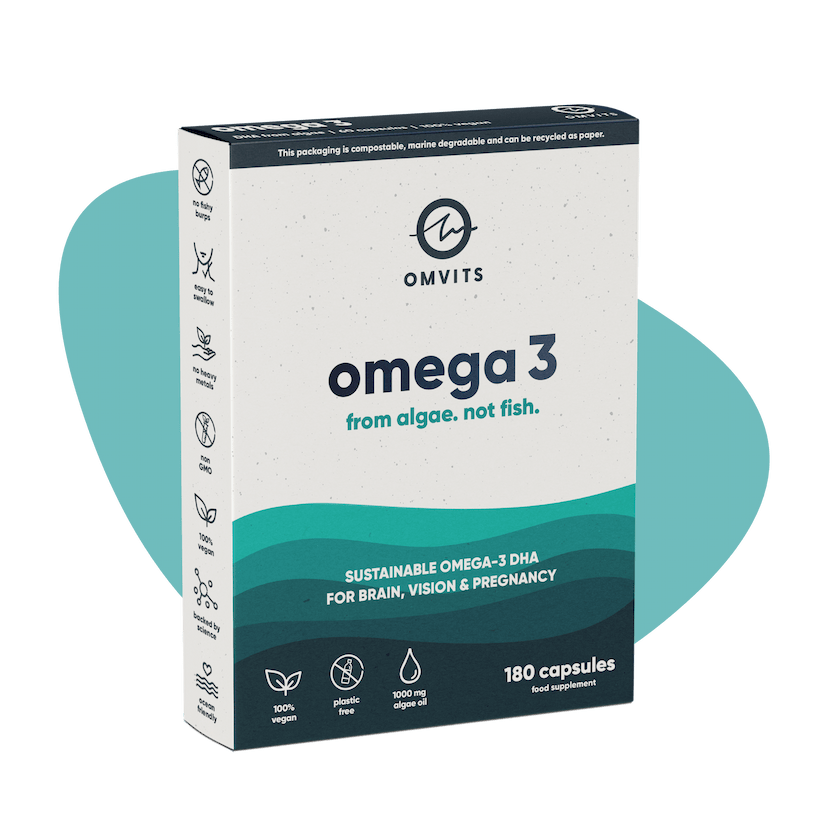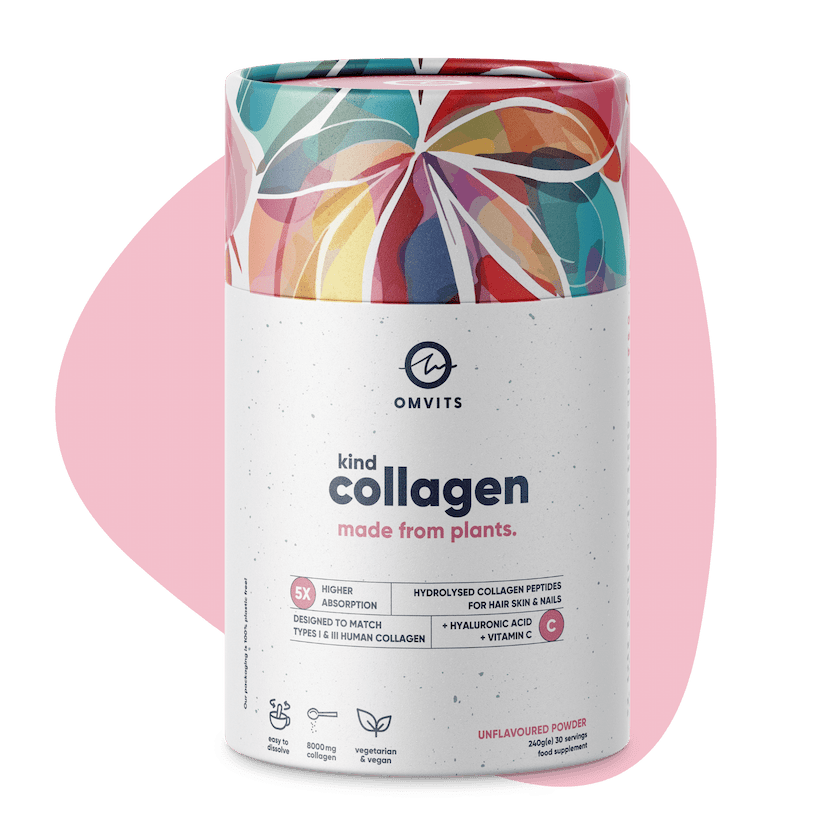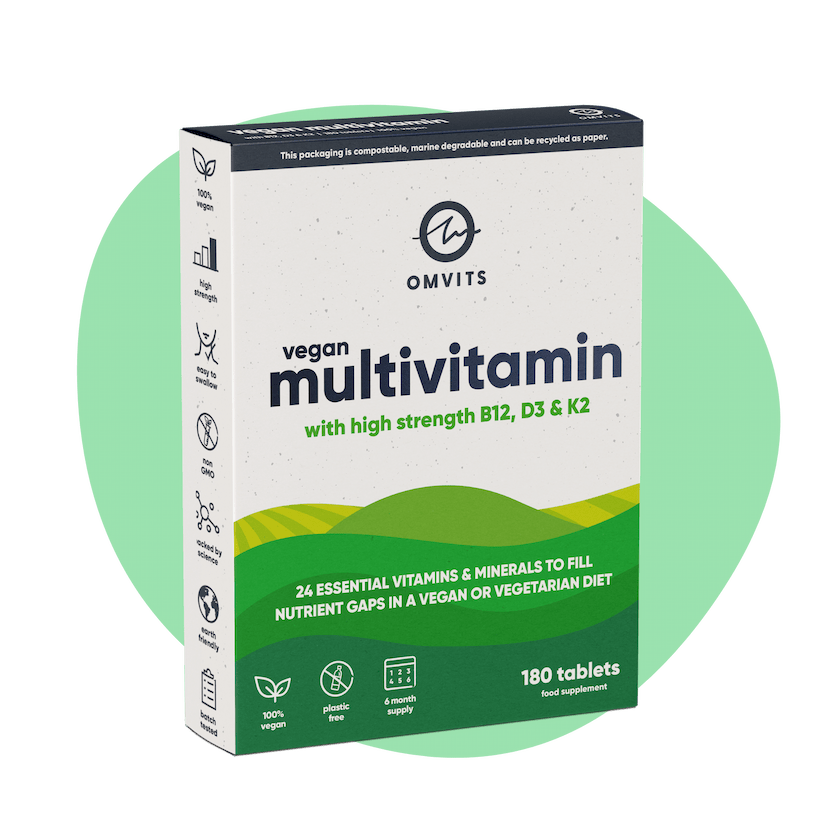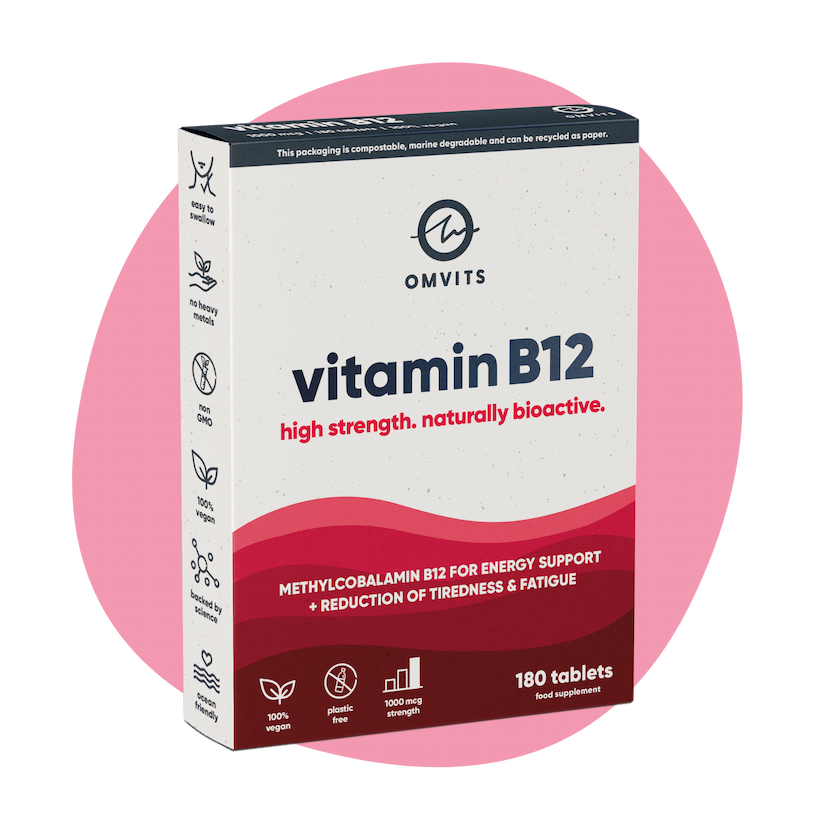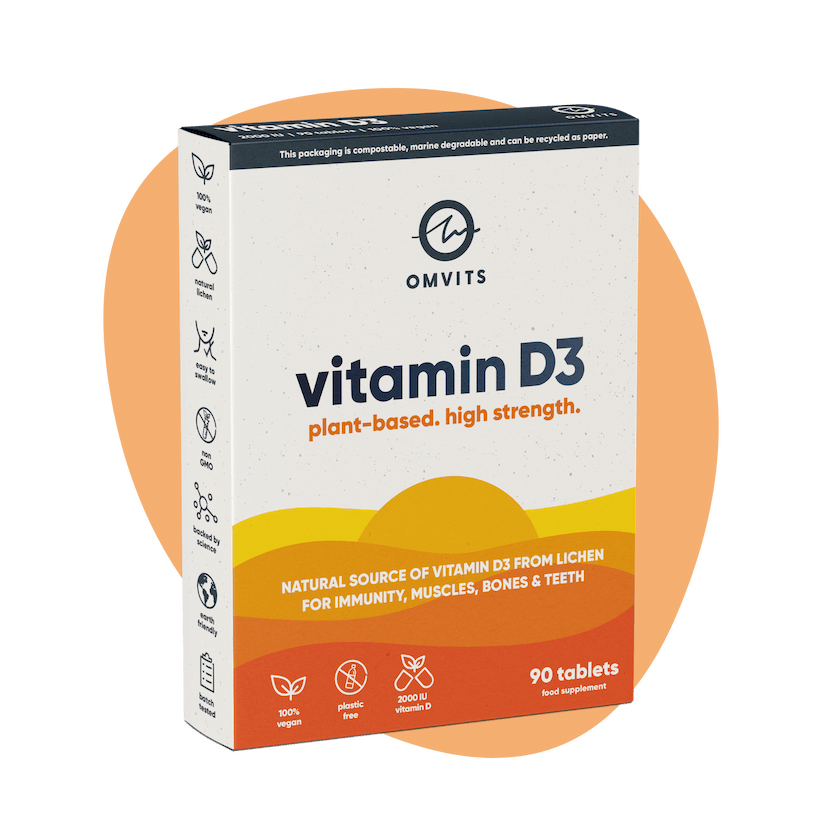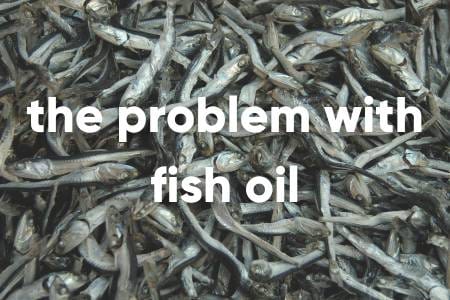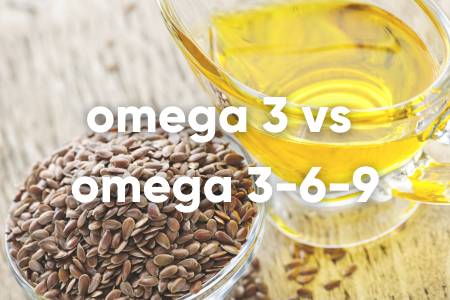FREE UK Delivery £25+
FREE UK Delivery £25+
Blog
about us
account

Omega-3 for Pregnancy, Babies and Young Infants
December 11, 2019 2 min read
When it comes to pregnancy, evidence suggests that eating a diet high in Omega-3 fatty acids may be directly correlated to better outcomes.

https://unsplash.com/photos/NIZeg731LxM
A recent meta-analysis of over 70 different studies found that Omega-3 supplementation could reduce the risk of premature birth (1) and several research papers also point out that Omega-3 fatty acids are also critical for the development of your baby’s brain (2, 3).
Our brains are approximately 60% fat and Omega-3 is one of the main structural components. In fact, A specific type of Omega-3 fatty acid called Docosahexaenoic acid (DHA) is the only long-chain fatty acid that can provide structure for important brain-cell membranes, and improve nervous function in the brain. It is especially important for the maturation of the brain during the early years of a baby’s life.
We explain the ins and outs of DHA here, but the important thing to remember is that a baby's brain matures rapidly. From conception until the age of two (the first 1,000 days of life), and that this process is supported by the accumulation of Omega-3 DHA in the brain.
Since all of this Omega-3 DHA is transferred from the mother (via the placenta during pregnancy, and then through breast milk once the baby starts feeding), it’s critically important that mothers get enough Omega-3, ideally from a clean and bioavailable source like algae.
According to the American Pregnancy Association, all women should “consider taking a prenatal Omega-3 fatty acid supplement alongside their prenatal vitamins" (4). The justification for this is that Western diets are known to be Omega-3 deficient, but also that Omega-3 fatty acids are “critically important to young infants” - and we’re inclined to agree.
SUMMARY: The most rapid development of a baby's brain occurs from conception until 24 months (the first 1,000 days of life). Omega-3 DHA plays a crucial role during this process and is a major structural component of the brain. This DHA reaches the baby via the placenta during pregnancy and through breast milk once the baby starts feeding. For this reason, it is important that the mother gets enough Omega-3 DHA.
References
(1) https://www.cochranelibrary.com/cdsr/doi/10.1002/14651858.CD003402.pub3/full
(2) https://www.ncbi.nlm.nih.gov/pmc/articles/PMC2621042/
(3) https://www.ncbi.nlm.nih.gov/pmc/articles/PMC3046737/
(4) https://americanpregnancy.org/pregnancy-health/omega-3-fatty-acids-faqs/
Leave a comment
Comments will be approved before showing up.
Also in The Omvits Blog

The Power of Running: How a 200 Mile Run to Wales Became a Meaningful Journey for a Great Cause
May 03, 2023 3 min read
We interviewed Andrew Thomas, who was preparing for a 200-mile marathon from London to Wales to raise funds for Maggie's Cancer. Read the article to know more about his adventure!
Subscribe
Sign up to get the latest on sales, new releases and more …
Recent Articles
-
The Power of Running: How a 200 Mile Run to Wales Became a Meaningful Journey for a Great Cause
May 03, 2023
-
Sneaky Ingredients To Watch Out For If You're Vegan
January 11, 2022
-
How To Do Veganuary If You’re On A Super Tight Budget
January 11, 2022
-
How To Satisfy Meat & Fish Cravings During Veganuary
January 11, 2022
-
Common Pitfalls Of Veganuary And How To Avoid Them
January 11, 2022
-
Simple Nutrition Advice For Veganuary And Beyond
January 11, 2022
-
Best Vegan Meat Alternatives To Try This Veganuary
January 11, 2022
-
5 Ocean Friendly Clothing Brands To Check Out This Month
June 21, 2021
-
12 Incredible Ocean Conservationists To Support This June
June 16, 2021
-
How To Do Something For World Ocean Day If You Can't Get To A Beach
June 08, 2021

